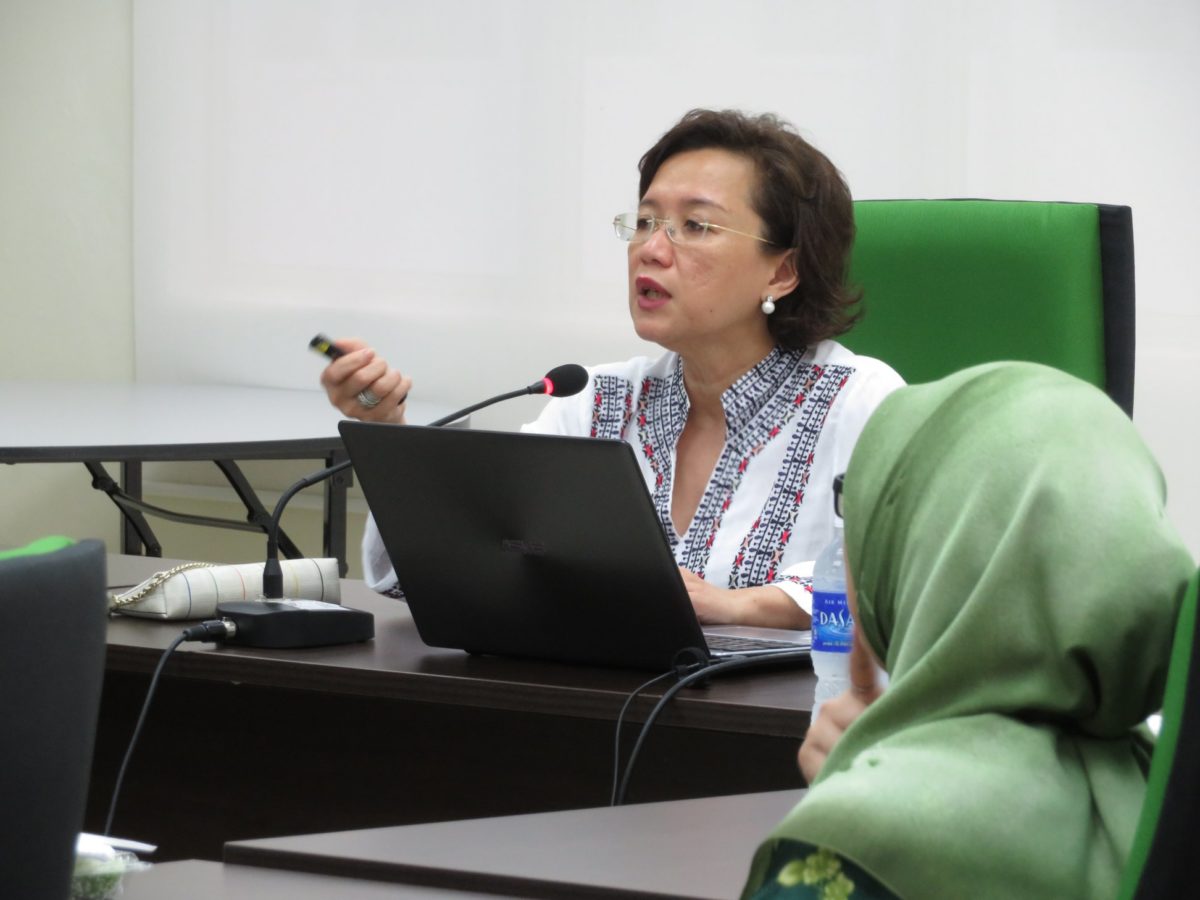KUALA LUMPUR, Dec 1 — The International AIDS Society (IAS) has called for an international code of conduct, amid travel bans on southern African countries after the emergence of the new Omicron variant.
IAS said extremely targeted and time-bound travel bans can be helpful if a Covid-19 variant is “entirely contained” and if countries imposing such measures use the time to increase testing, vaccination, and isolation and quarantine strategies domestically.
However, the global association of HIV professionals pointed out that the heavily mutated Omicron variant of concern has already been detected in many countries, and that it appeared the virus could not be contained through a selective travel ban.
“Based on current information and data, the travel ban has all the writings of a political posturing that responds to domestic political pressures rather than truly addressing the challenge at hand,” IAS president Dr Adeeba Kamarulzaman said in a statement yesterday.
“What’s worse, this reaction may potentially lead to countries withholding crucial information, such as the discovery of new variants for fear of being ostracised and punished.”
South Africa was the first country to report cases of Omicron earlier last month. Subsequently, multiple countries — including the United Kingdom, the United States, the European Union, and Asian nations like Malaysia — prohibited the entry of foreign travellers from southern African countries. Japan and Israel have barred the arrival of all foreign visitors from around the world.
South Africa president Cyril Ramaphosa has reportedly called for the travel bans against his country and neighbouring nations to be lifted urgently, saying southern Africa was the victim of unfair discrimination, BBC reported.
“The only thing the prohibition on travel will do is to further damage the economies of the affected countries and undermine their ability to respond to, and recover from, the pandemic,” he was quoted saying.
CBS News reported yesterday Netherlands health authorities as saying that they had detected Omicron in samples of Covid-19 cases dated November 19 to 23, before positive Omicron cases were detected in passengers arriving in Amsterdam last November 26 from South Africa.
Authorities in Belgium and Germany also reportedly said tests confirmed that Omicron was in those countries before South Africa raised the alert last November 24 about the variant.
Omicron has now been detected in about 20 countries across Africa, Europe, Asia, and North America.
IAS said an international code of conduct would focus on scientific evidence, pointing out that selective and unscientific travel bans could lead to the under-reporting of new coronavirus variants and stigmatise countries hit hardest by the virus.
“We need an international Code of Conduct that guides countries in sharing information on emerging variants of Covid-19 and that also provides a clear list of to-dos and not-to-dos for other countries in reacting to such information,” IAS president-elect Sharon Lewin said.
The IAS is also concerned by reports linking Omicron with people living with HIV.
“These reports could further exacerbate stigma, which continues to be the Achilles heel of the HIV response and has been hampering concerted efforts in fighting Covid-19, as well,” IAS executive board member Linda-Gail Bekker said.
IAS attributed the emergence of new Covid-19 variants to “grossly inequitable” vaccine rollouts, such as in regions like sub-Saharan Africa where HIV is most prevalent. It noted that six times more Covid-19 boosters are administered globally than primary vaccine doses in low-income countries.








